
Ketanji Brown Jackson Is Basically Already A Supreme Court Justice Now
BLSAs everywhere have been preparing for this.

BLSAs everywhere have been preparing for this.
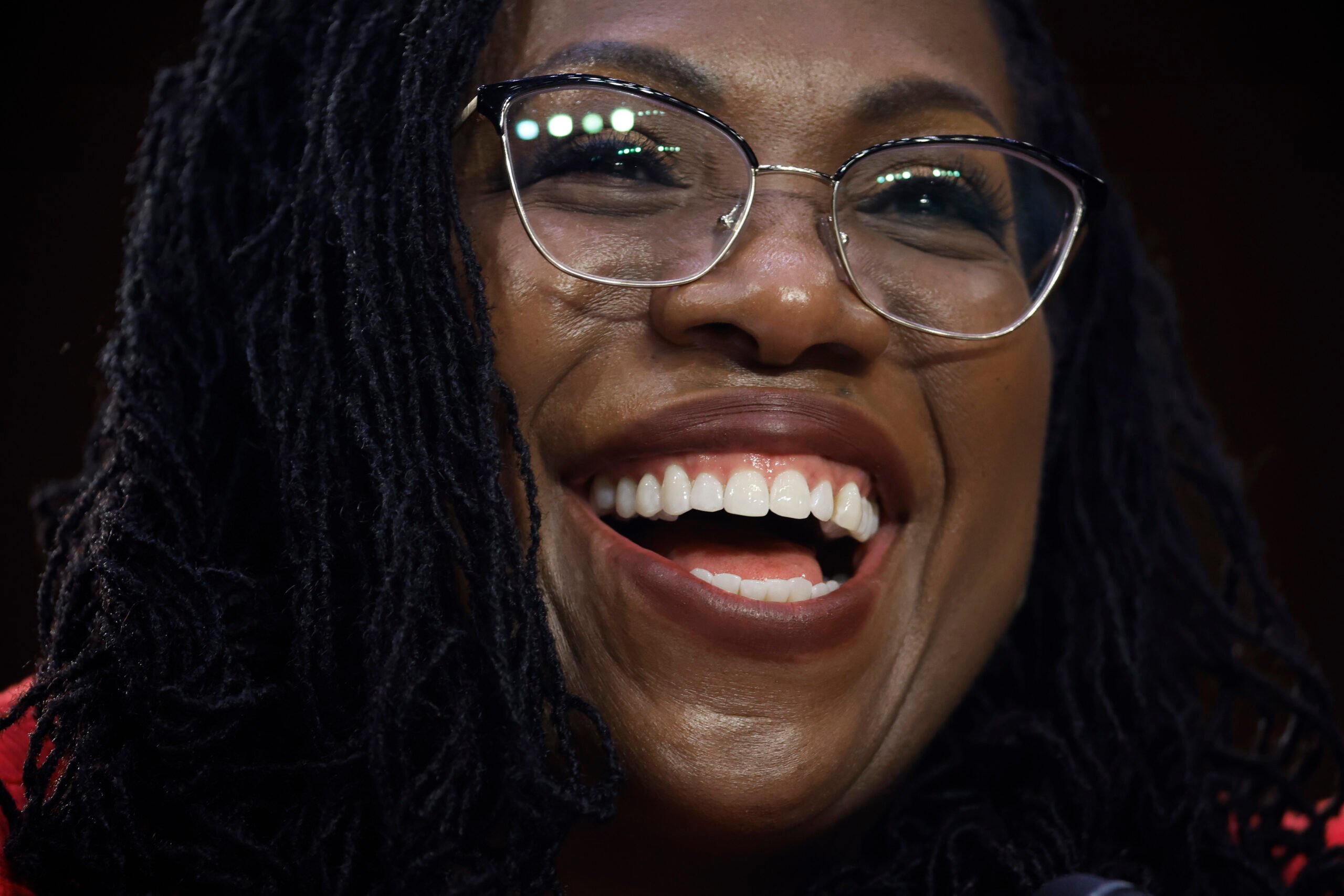
Sen. Dick Durbin: I'll just say to [Judge Jackson], Ted Cruz isn't really gonna let you answer any of these questions.

Discover how to gain more control over your firm’s finances and unlock smarter growth strategies—take a quick financial visibility quiz designed for law firms.

There was little to no discussion of beer. Jury still out on if she likes wine.

Expect the expected and you will save yourself a state of SHOCK!
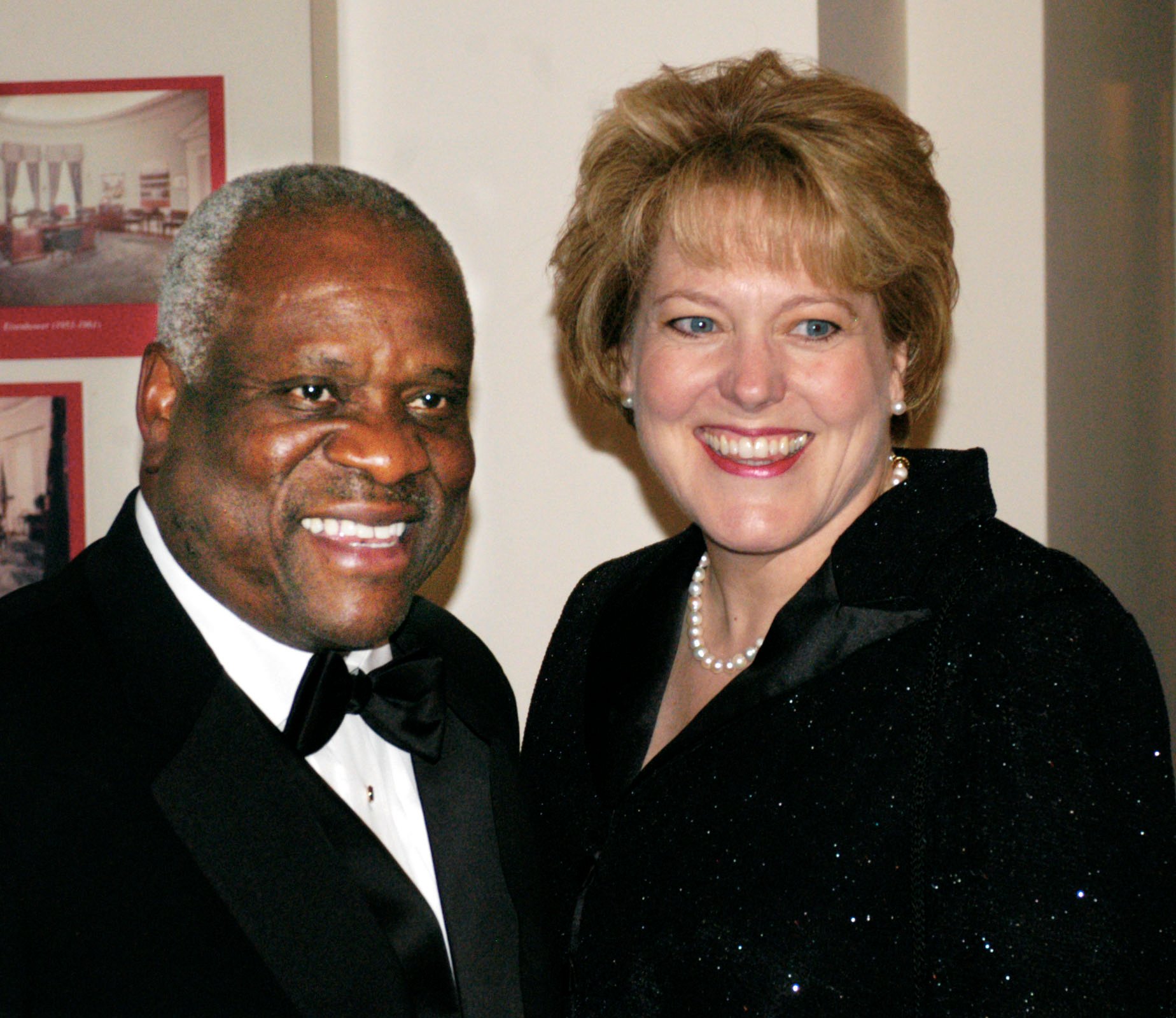
Does he not... hear what he's saying?

These SCOTUS hearings are going to be so, so gross.

See how much time your firm could be saving. Use our free law firm time savings calculator to uncover efficiency gains and take control of your day.
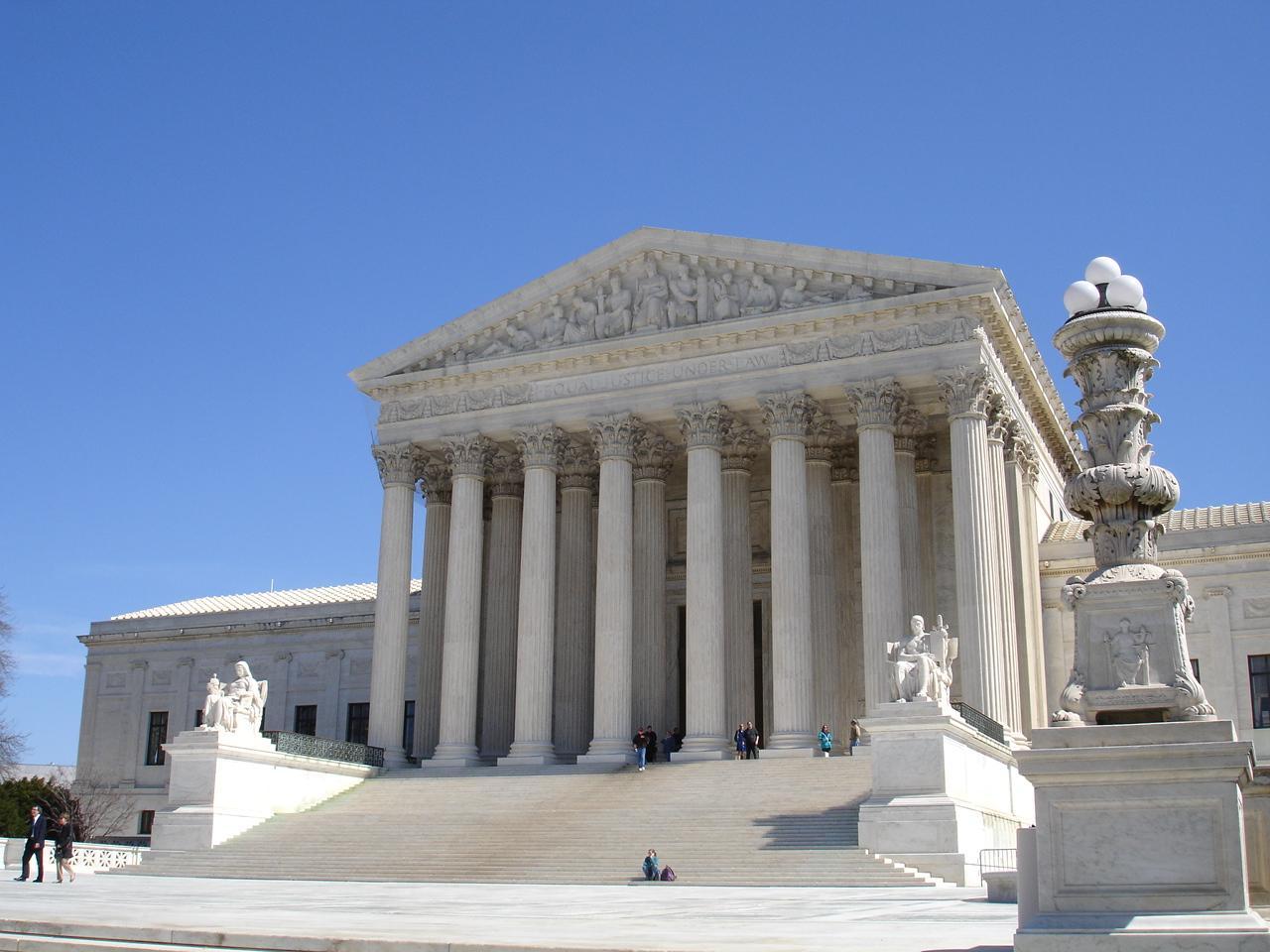
* Biden's announcement of his SCOTUS nominee could take until the end of Black History Month. Hold on to your butts! [NYT] * SCOTUS gave the green light for Alabama to kill a man overnight. [CBS News] * Slow down, Florida Man! If passed, a Florida law might net you a $158 dollar speeding ticket. Looks like they're taking a page out of Alabama's ticket trap book. [FOX] * Think all the hubbub around Justice Breyer's retirement means nothing if the Court remains 6-3? See what these legal minds think — it might change your own. [Politico] * "Stop recording!" An Arizona bill wants to restrict how citizens can record on-the-clock cops. Hey, somebody's gotta have video evidence for when the body cams mysteriously turn off. [12news]

Nice way to get you and your school some media attention after just hiring you, I guess.
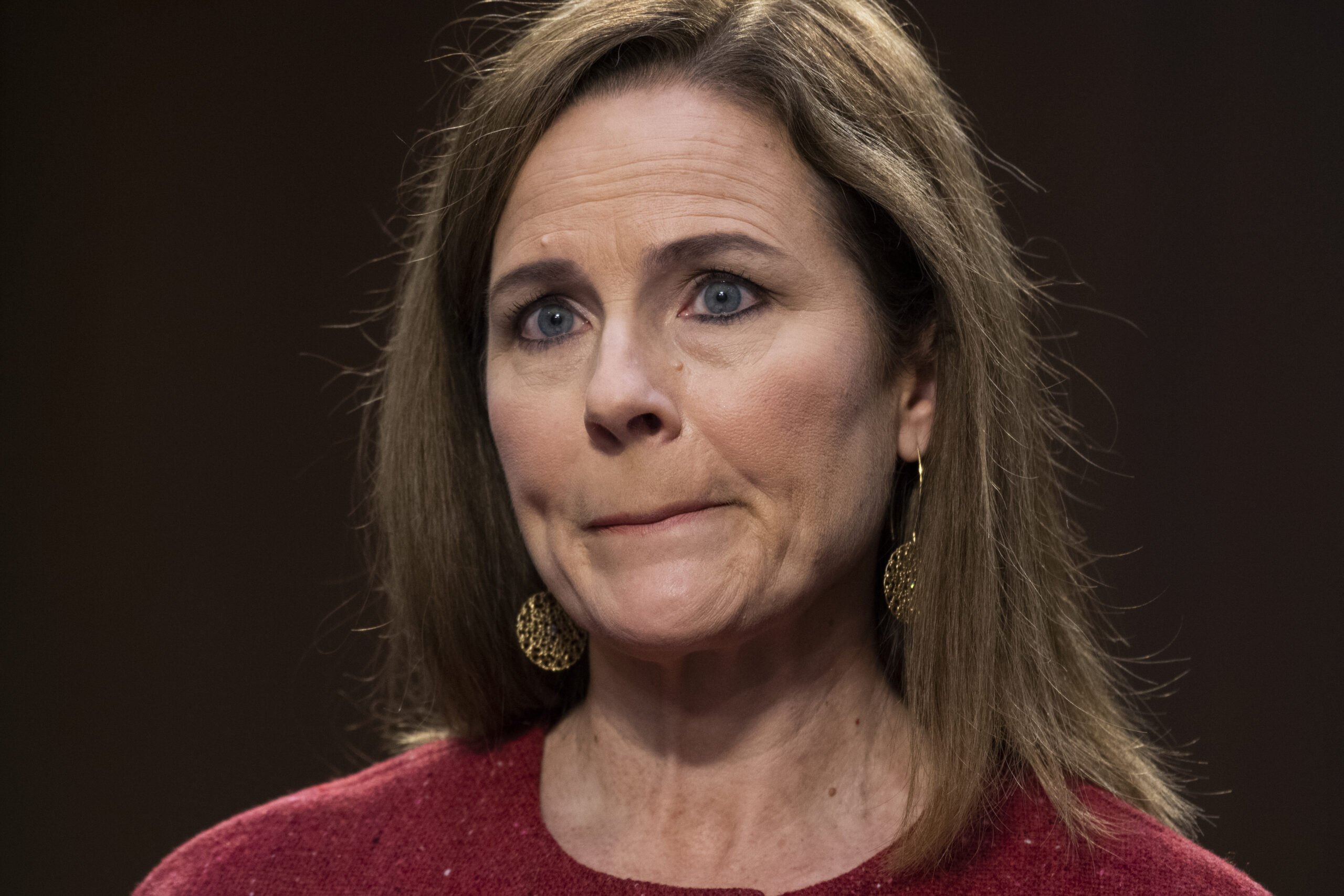
Hope the ventilation system is top notch.
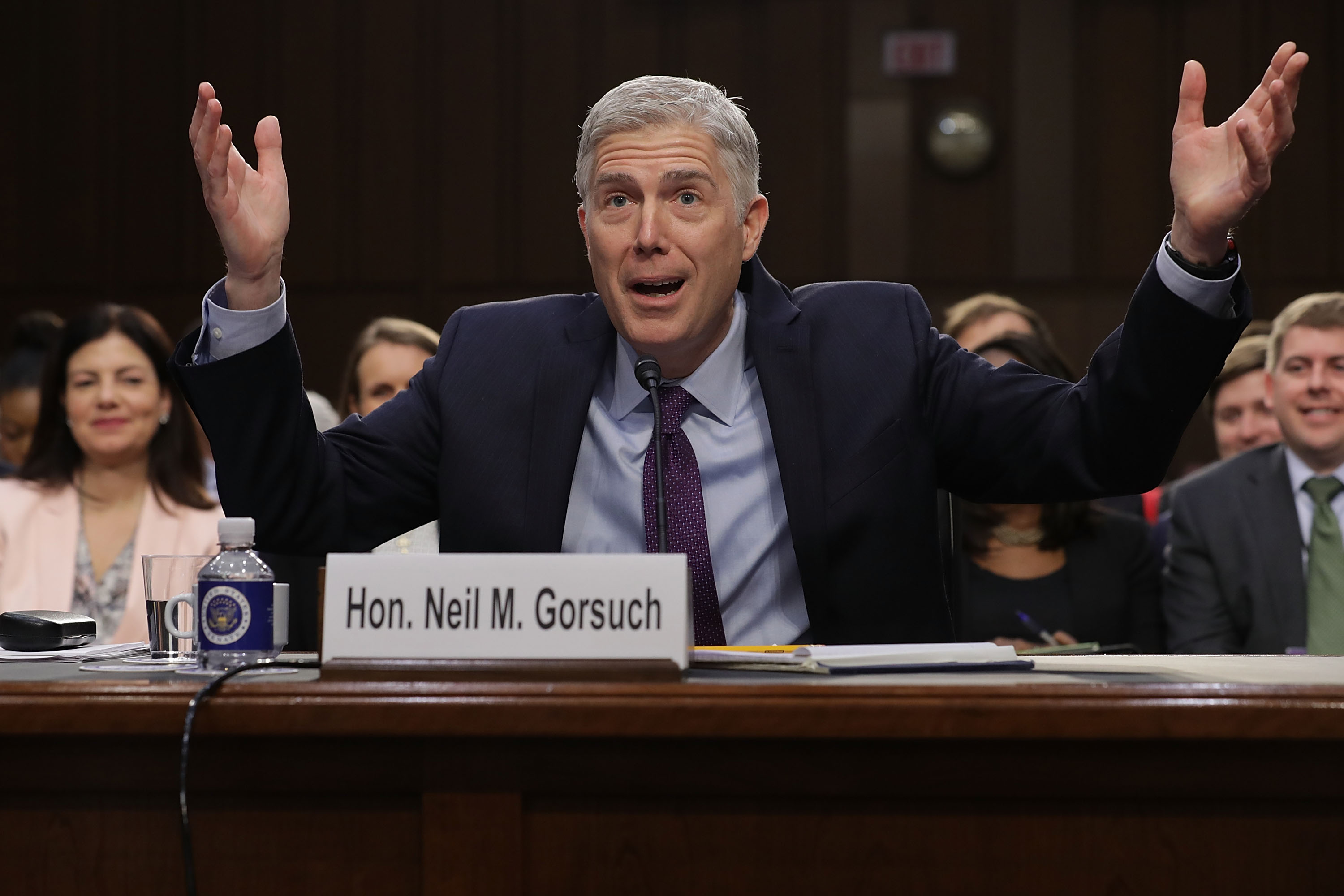
Updated with theories on the... peculiar joint statement from Justices Sotomayor and Gorsuch.

Outdated billing is costing law firms money. Discover how clear, modern billing practices boost profits, trust, and cash flow in 2025.
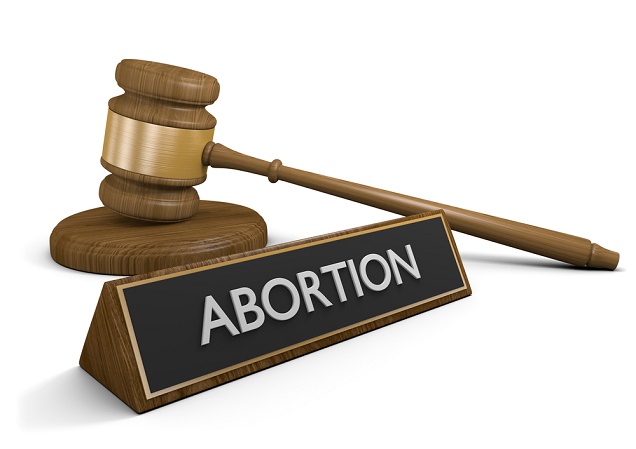
* A light start: The Supreme Court hears on the legality of SB8 today. [FiveThirtyEight] * Former CEO of the ROC distinguishes between an ad and a commercial during an $18M civil lawsuit over perfume. [Law360] * Qualified immunity ambiguity continues to make it difficult to determine when Blue Lives are Reasonable. [Law.com] * New York passes a "Keep That S*&t Down!" law that aims to quiet the streets. [SILive]

The Chief Justice wants to put an end to a disturbing trend.

We already knew RBG's retrograde stance on this issue.

* Dude LARPing as a shaman during the failed insurrection pleads guilty. He might be the son of the witches they tried to burn, but he should have brushed up on his anti-containment spells. [CNN] * Ex-DA charged with obstructing justice in Ahmaud Arbery's murder. [CNBC] * Match CEO and Bumble team up to support folks swiped by SB8. [NBC News] * The House is trying to codify Roe v Wade after SCOTUS opted out of doing their job. Let's see how this goes. [PBS] * Surprising no one, Florida is already in the works styling an abortion law based on the one in Texas. [Forbes]

* We've moved past the shadow docket, this is just open defiance. [CNBC] * Got busted for a fake COVID card. Bet she's even madder about maderna [sic]. [NBCNews] * I can't believe they're secretly using prisoners as test subjects! China? No -- Arkansas. [ABCNews] * Horton hears empty acres as trees die out. Environmental lawyers, you're up. [The Guardian] * The party not too big on Gov't invention with the choices businesses make now handing out 5k fines if they do what they want. [News4Jax]